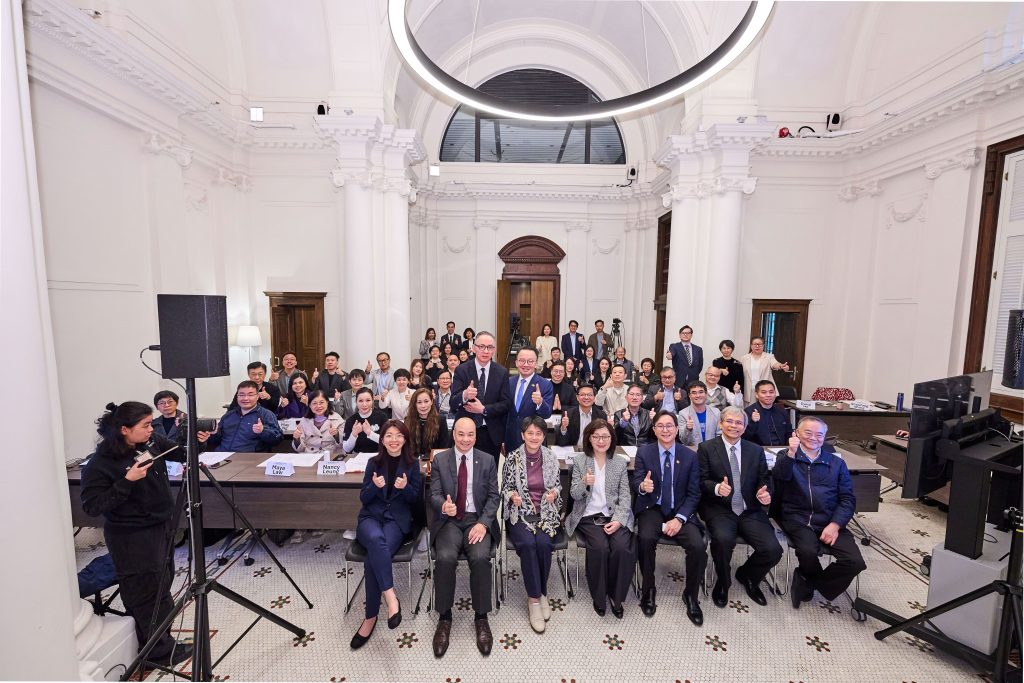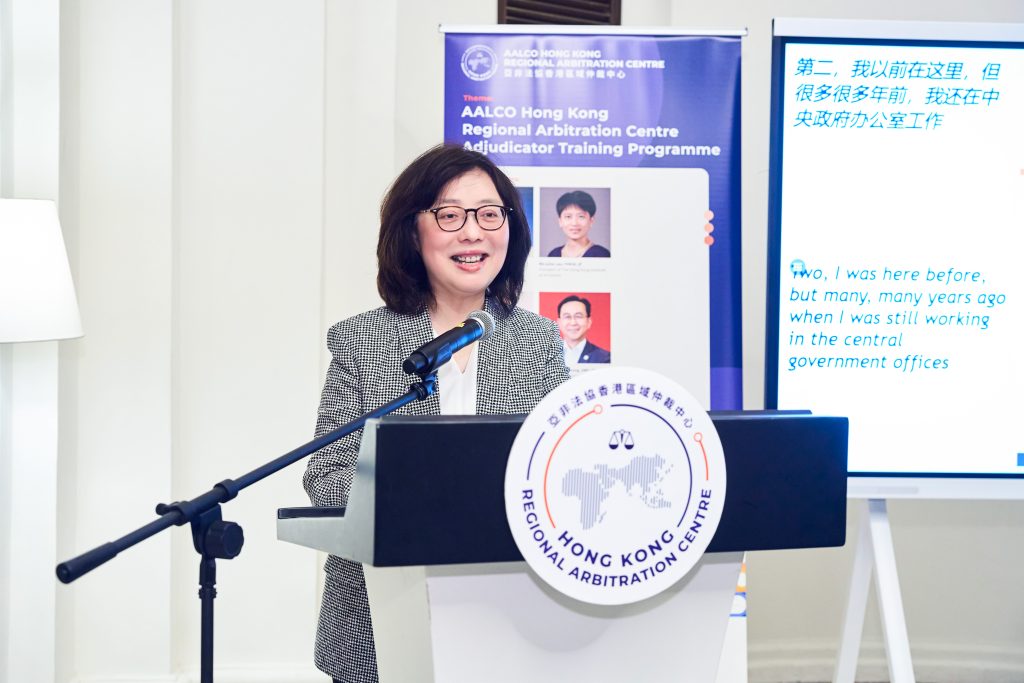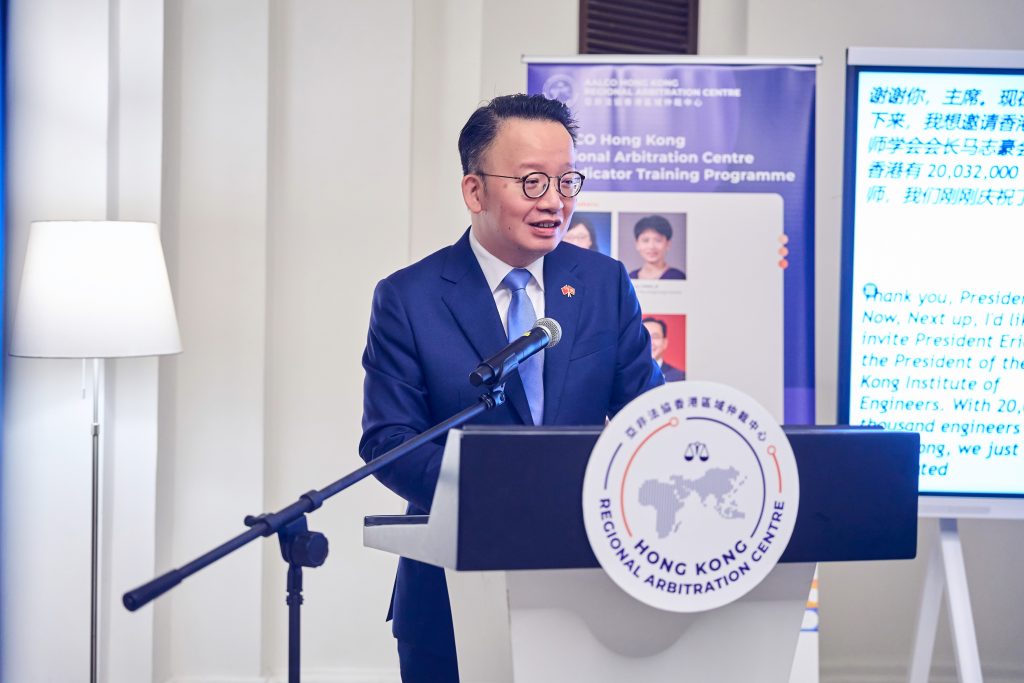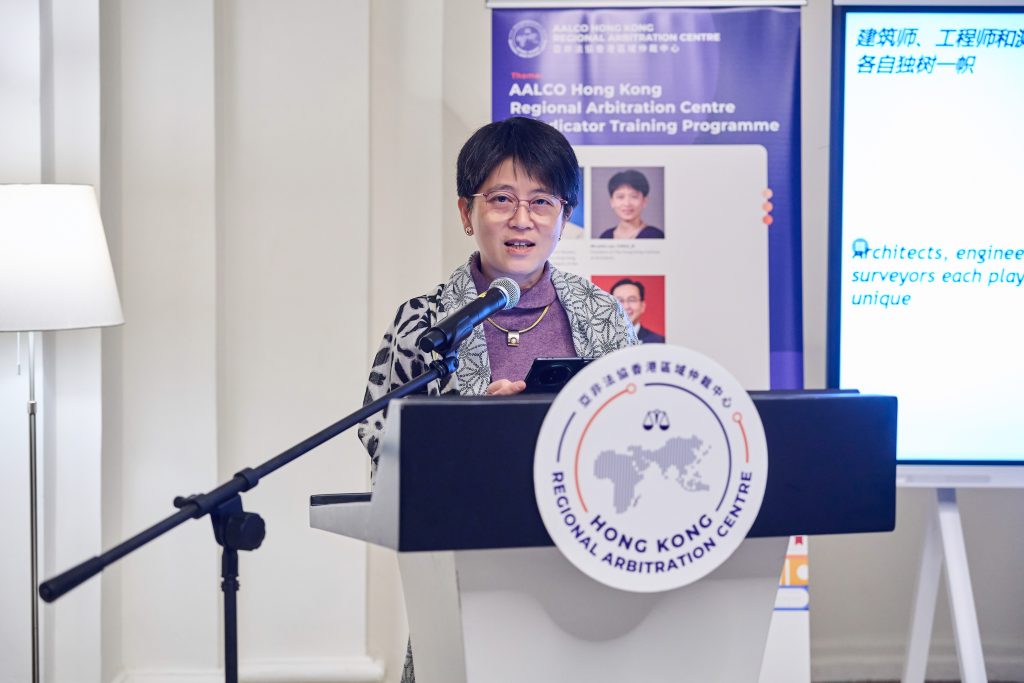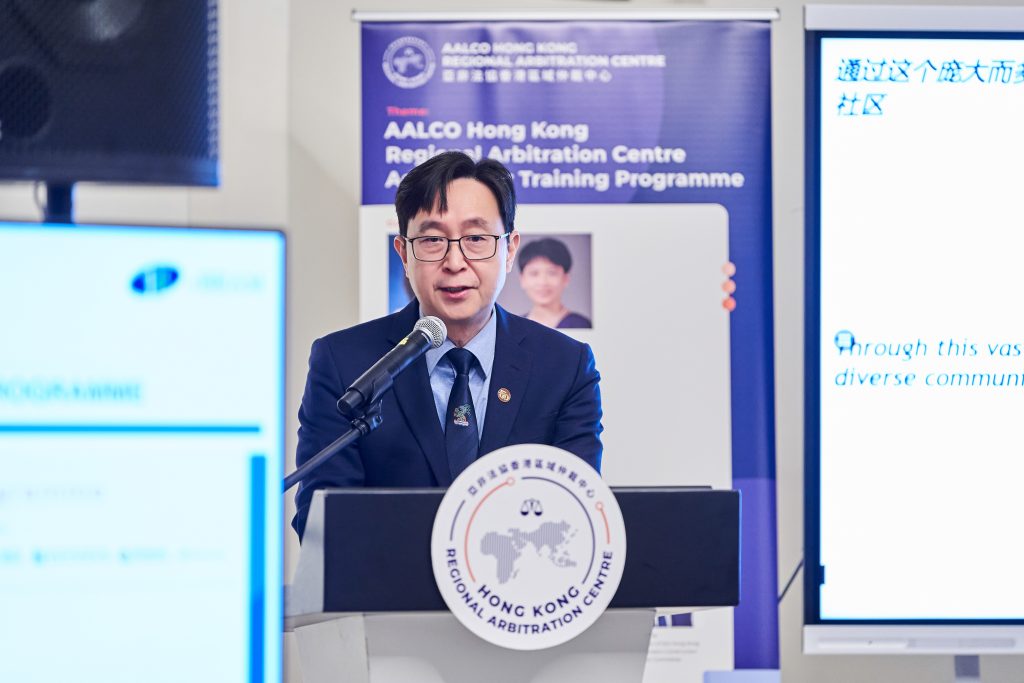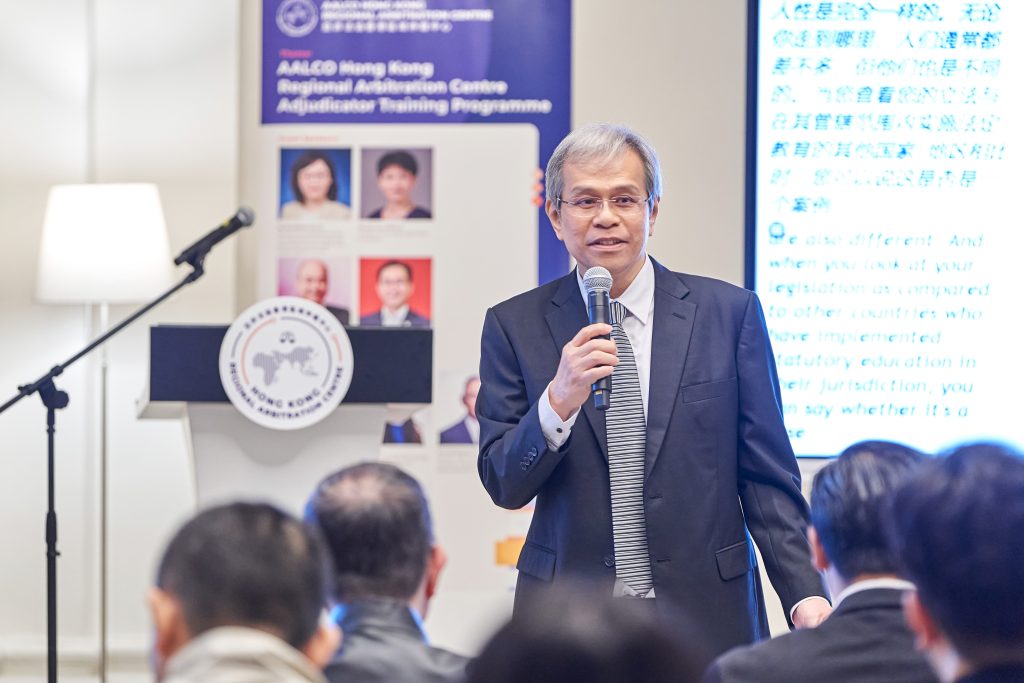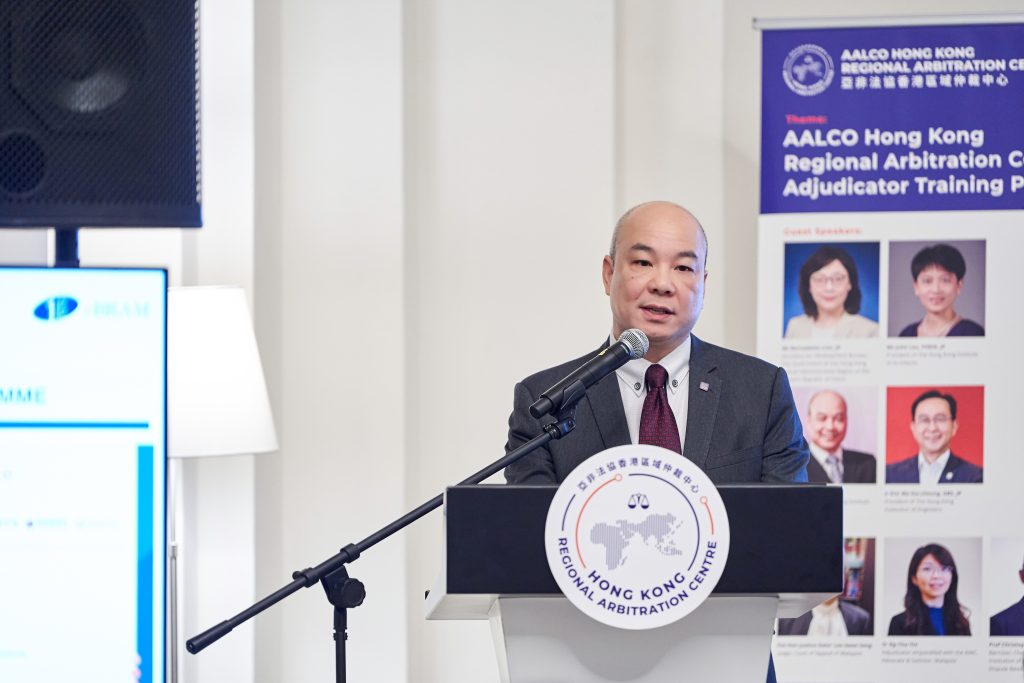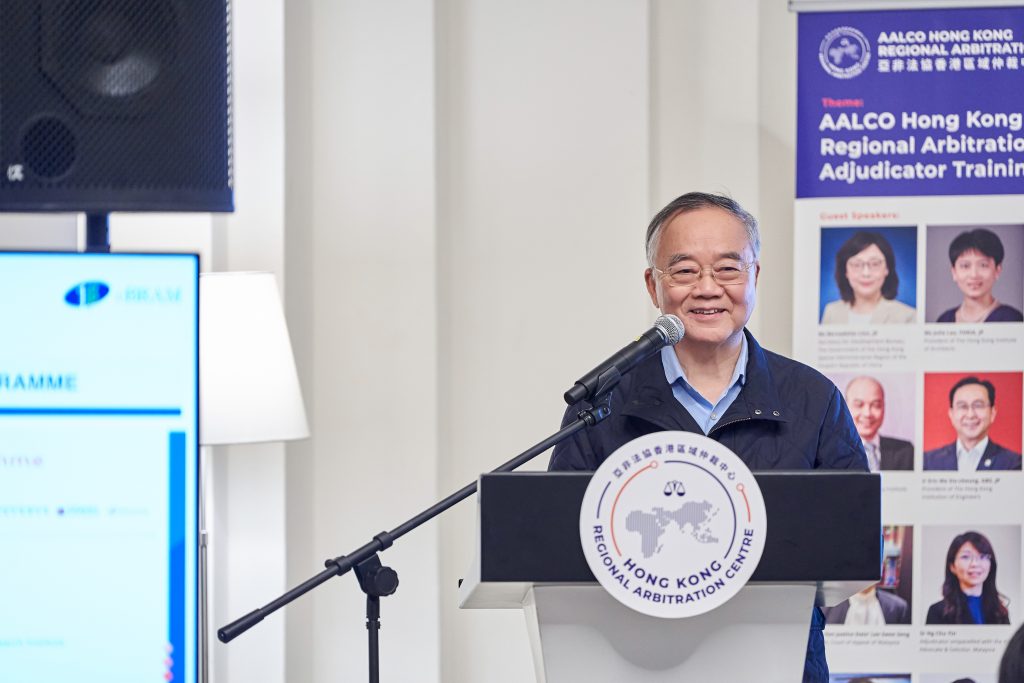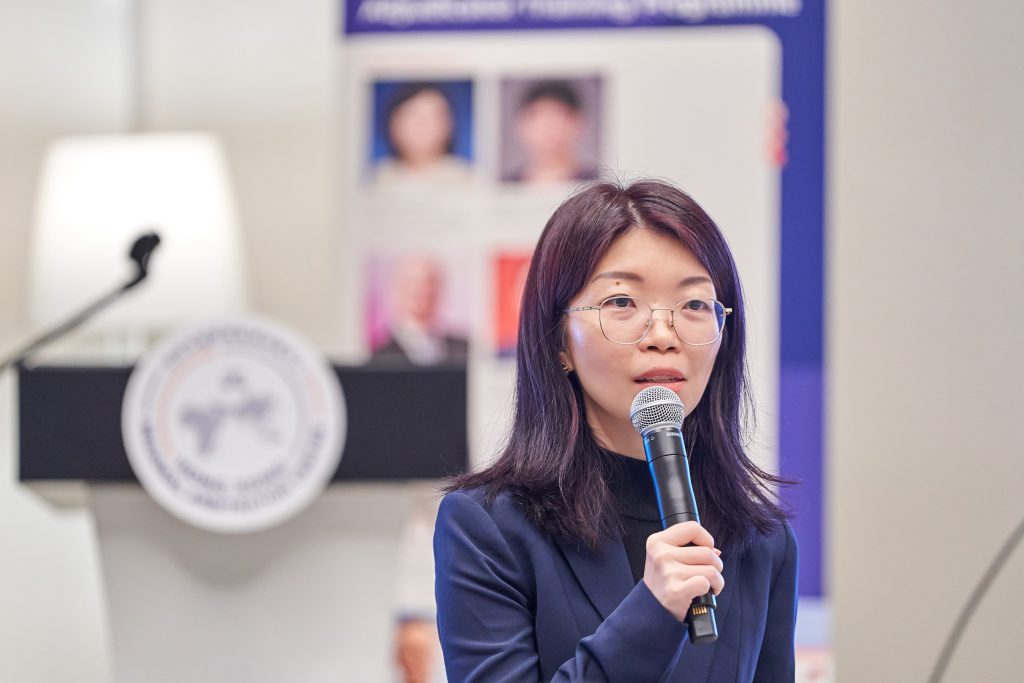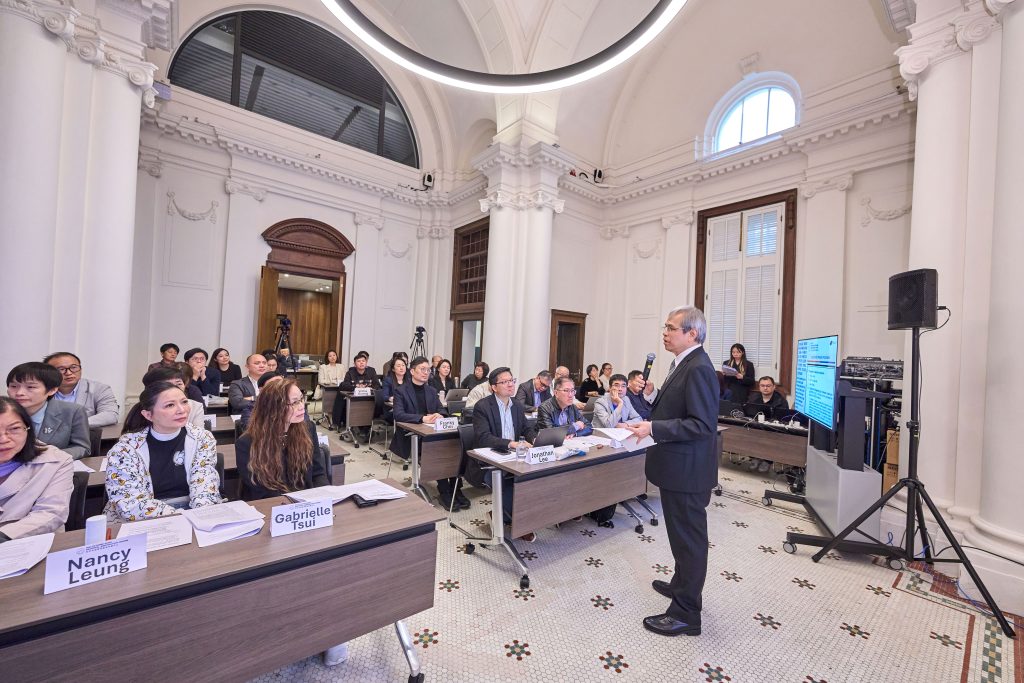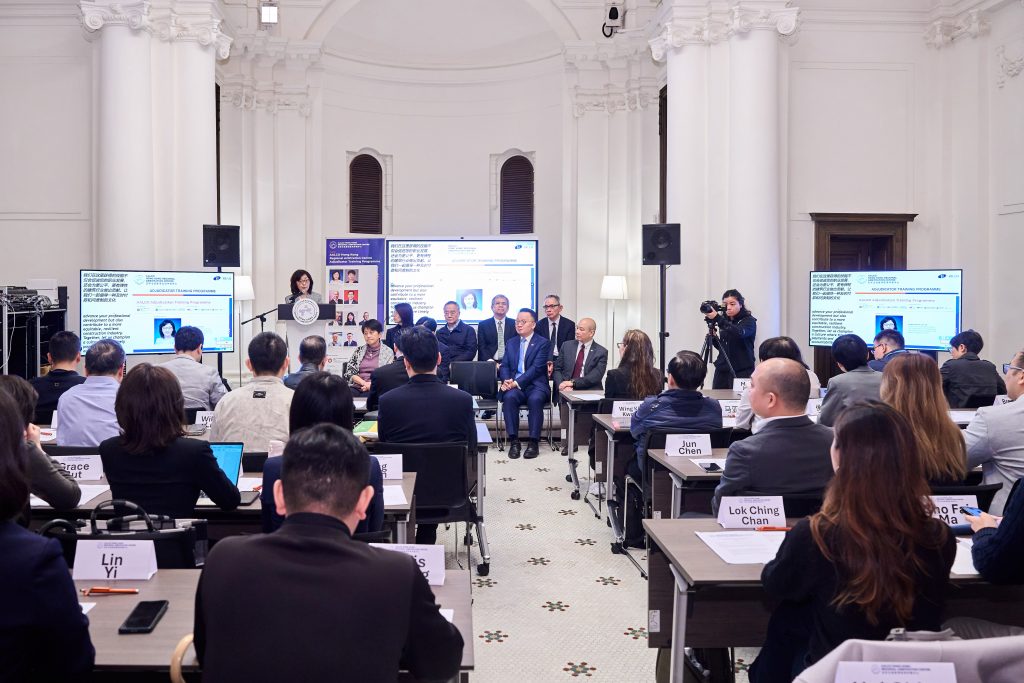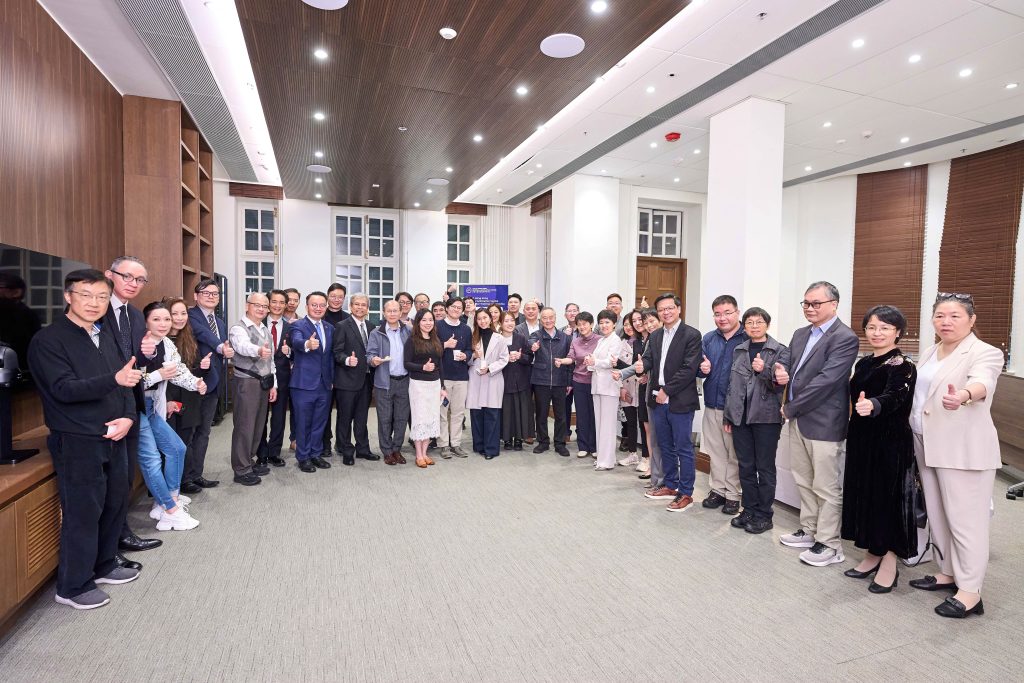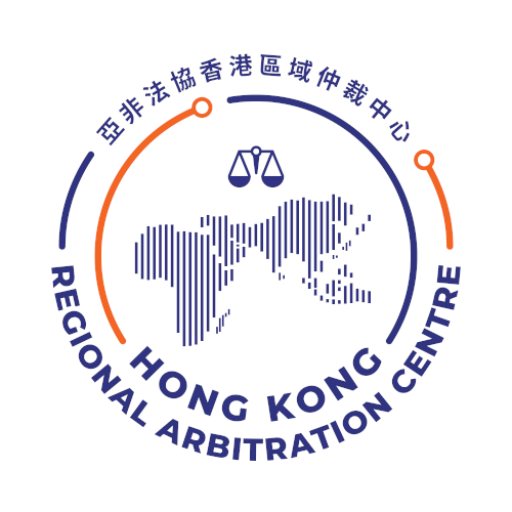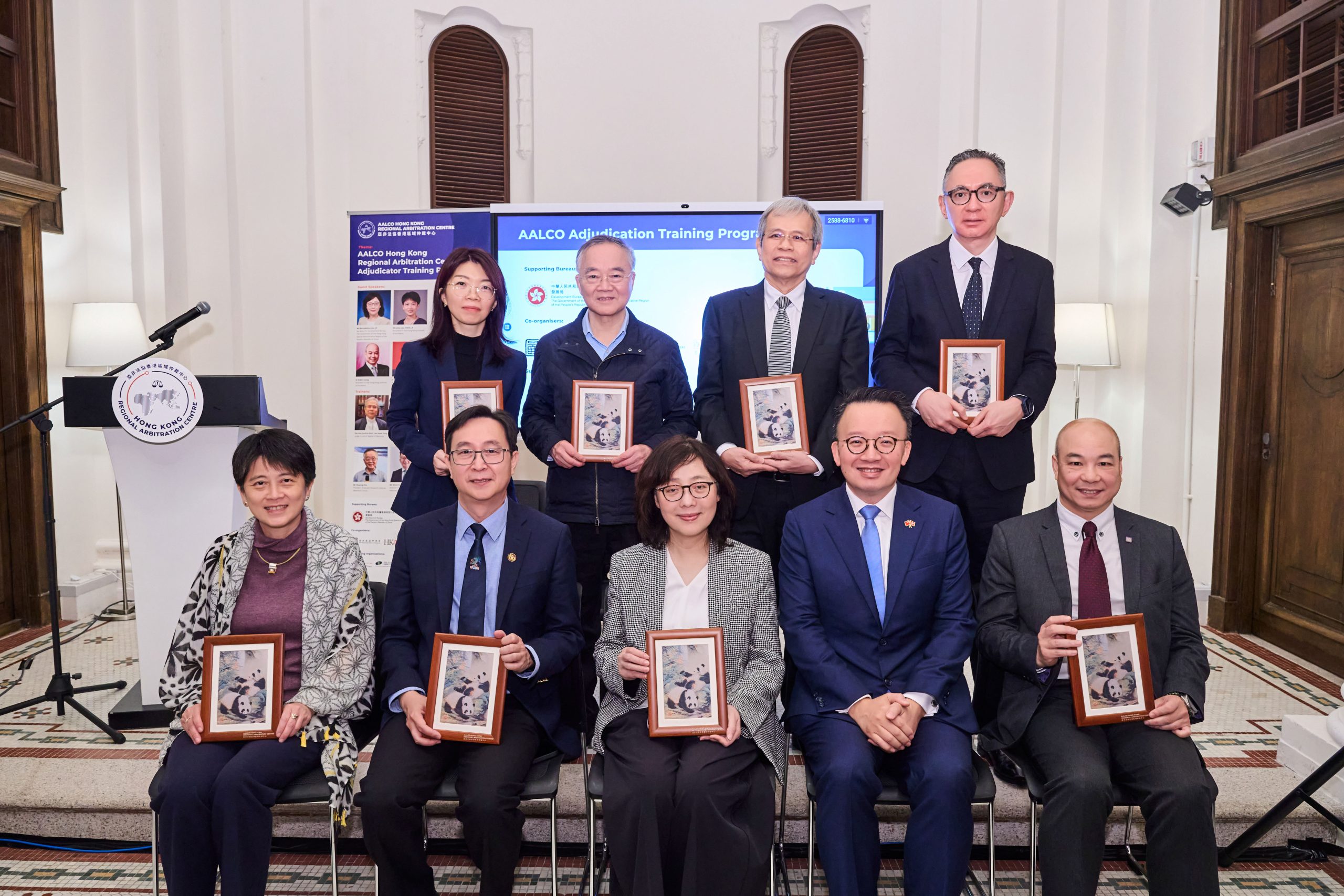- admin
- April 8, 2025
As Spring arrives the city, architects, engineers, surveyors, solicitors and barristers gathered under the leadership Secretary Linn to take the construction industry to greater heights. Hosted by the AALCO Hong Kong Regional Arbitration Centre (AALCO-HKRAC), and co-organized by the Hong Kong Institute of Architects (HKIA), the Hong Kong Institution of Engineers (HKIE), and the Hong Kong Institute of Surveyors (HKIS) — with support from the City University of Hong Kong School of Law, the Law Society of Hong Kong, and the Hong Kong Bar Association (HKBA) — the Construction Industry Adjudicator Training Programme is taking place from April 5 –13 at the historic former site for the Court of Final Appeal.
The course brings together top construction and legal professionals from the Hong Kong Special Administrative Region, Mainland China, and Malaysia. More than a training opportunity, it marks the ceremonial beginning of a transformative change in the construction industry.
Delivering the keynote address, Ms. Bernadette Linn, JP, Secretary for Development of the HKSAR Government, stated: “We’ve planned for it for more than 20 years.” Referring to the Security of Payment Ordinance (SOP) , Secretary Linn described it as a “transformative move” that addresses long-standing issues within the sector — including delayed payments, wage arrears, and unfair “pay when paid” clauses. “This ordinance is more than just a legal framework. It fosters accountability, fairness, and financial stability across the sector.” She added that the success of SOP hinges on collaboration and praised the unity of public and private stakeholders in preparing for its implementation.
The Hon. Justice Dato’ Lee Swee Seng, Judge of the Malaysian Court of Appeal and Head of the Construction Court, emphasized the deeper role of legal reform: “Law is a tool to change culture, change society, and even change the international world order.” He encouraged participants to embrace their responsibility: “You cannot say, ‘I have a mental block today.’ The moment you’re appointed, your duty starts. You must resolve disputes fairly, quickly, and with integrity.” Acknowledging the participants’ commitment, he said: “You’ve given up your weekends to be here. But I can assure you — you will go home a better person.”
Mr. Zhu Shuying, Director of the Jianwei Research Institute in Mainland China, applauded Hong Kong for taking the lead: “This kind of training — combining architects, engineers, surveyors, and legal professionals — has not been done in the Mainland.” He described the programme as a “model of institutional export” and added: “Hong Kong’s legislative approach to adjudication sets an example not just for the Greater Bay Area, but for Belt and Road countries as well.”
Ms. Julia Lau, CStJ, JP, President of the Hong Kong Institute of Architects, highlighted the profession’s growth potential: “Among our 5,000 members, we currently have only 37 adjudicators and 20 mediators. While these numbers may seem modest, they reveal significant opportunity for development within our community.” She emphasized the collaborative nature of the training: “Architects, engineers, and surveyors each play unique roles in the construction process. By fostering a collaborative environment, we can minimize disputes and create a culture of trust and transparency.”
Sr Leung Chi Tim Robin, President of the Hong Kong Institute of Surveyors, underscored the technical contributions of quantity surveyors: “Surveyors excel in contract administration, payment valuation, and quantum analysis — skills directly aligned with adjudication’s demands. We transform site realities into actionable evidence — a cornerstone of enforceable decisions.” He added: “This programme reflects the synergy between legal and technical professions that defines Hong Kong’s dispute resolution ecosystem.”
Ir Eric Ma Siu-cheung, GBS, JP, President of the Hong Kong Institution of Engineers, affirmed the Institution’s full support for the new regime: “The SOP framework addresses persistent payment challenges in our industry, providing a speedy, cost-effective, and binding resolution process. It’s a transformative step forward for Hong Kong’s construction sector.” “This programme equips our professionals with the tools to navigate a dynamic environment — and strengthens Hong Kong’s role as a global hub for construction excellence.”
With a robust legal foundation, interdisciplinary collaboration, and shared commitment from public and private institutions, Hong Kong is entering a new era of fair, fast, and effective construction dispute resolution. From this programme onward, adjudication is not just a statutory concept — it is a living, evolving practice powered by professionals dedicated to fairness and integrity.
